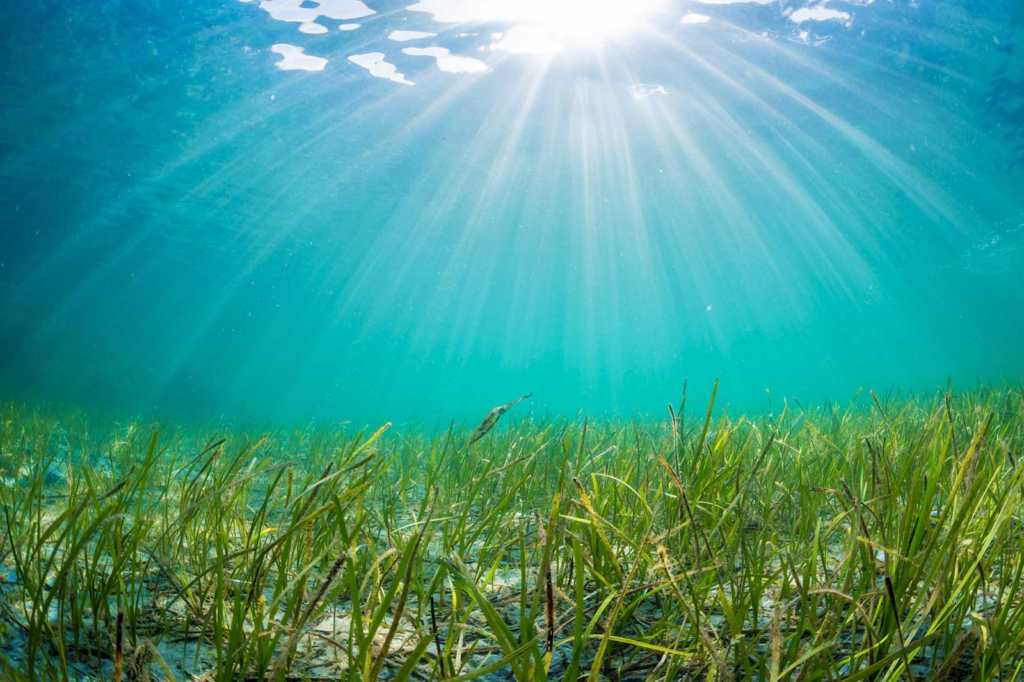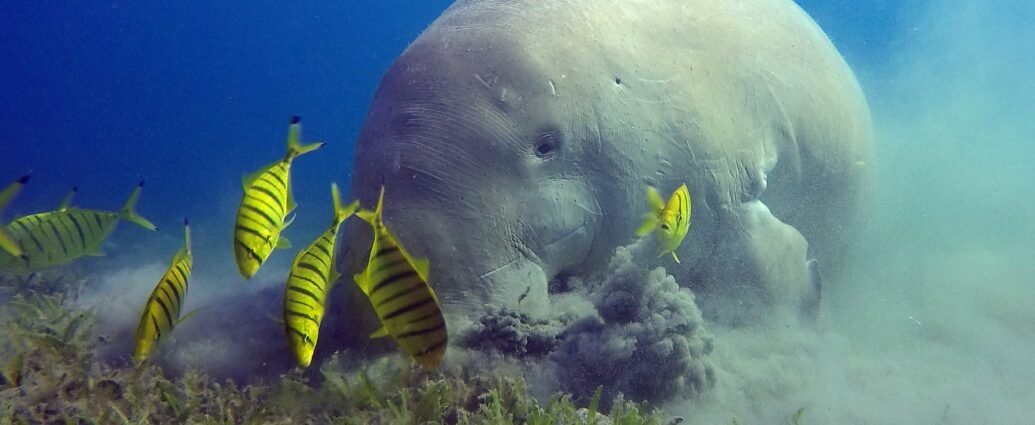Dugong are the only plant-eating marine mammal and is considered vulnerable by the International Union for Conservation of Nature (IUCN) so it has been designated a conservation reserve in Tamil Nadu, India.

The reserve in the Palk Bay area of the Gulf of Mannar aims to protect marine mammals from poaching and harmful fishing practices. Additionally, it may help protect the coastline from the negative effects of climate change by preserving the mutually beneficial relationship between the mammal and the seagrass.
Seagrass is a marine plant found in shallow waters that provides numerous benefits to coastlines. It helps in oxygen production, cleans the surrounding waters, and offers protection against rising sea levels and natural disasters by absorbing wave energy.

Dugongs feed exclusively on seagrass as such their decline will have wider consequences and present a threat to the fragile ecosystem that depends on them. They keep the seagrass cropped, which helps to regenerate the grass and prevent algae growth. These mammals prefer foods that are rich in nitrogen and low in fiber.
Research also suggests that seagrass could play a major role in mitigating climate change, capturing carbon from the atmosphere 35 times faster than tropical rainforests. Despite this, seagrass meadows globally are being lost at a rate of around 7% each year, mostly due to human activity and warmer ocean temperatures.

By focusing on dugong conservation, the new reserve in Tamil Nadu may present a solution, by facilitating the regeneration of seagrass, as well as the ecosystem that the habitat supports meaning all the species, which share the same habitat also get a better environment to grow.
Reference- The Hindu, Down To Earth, The Wired, DW, BBC






